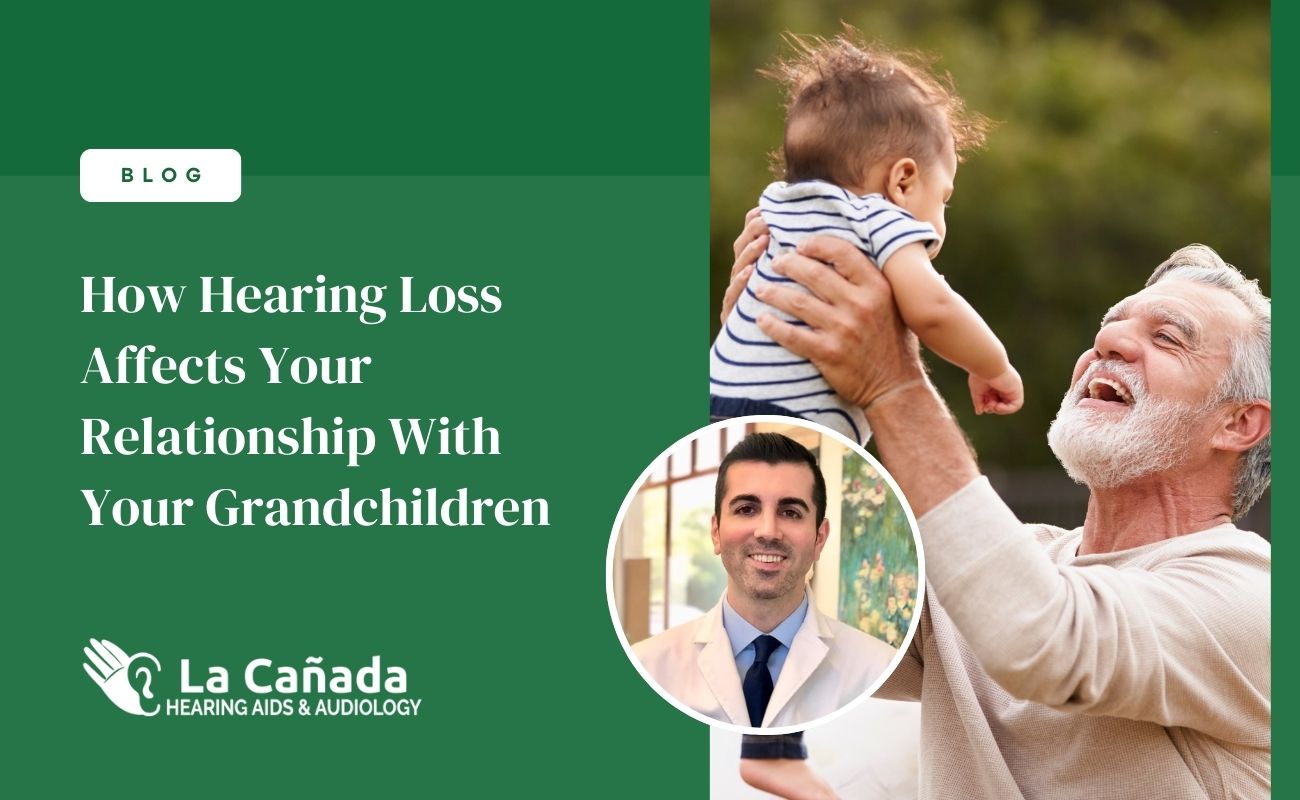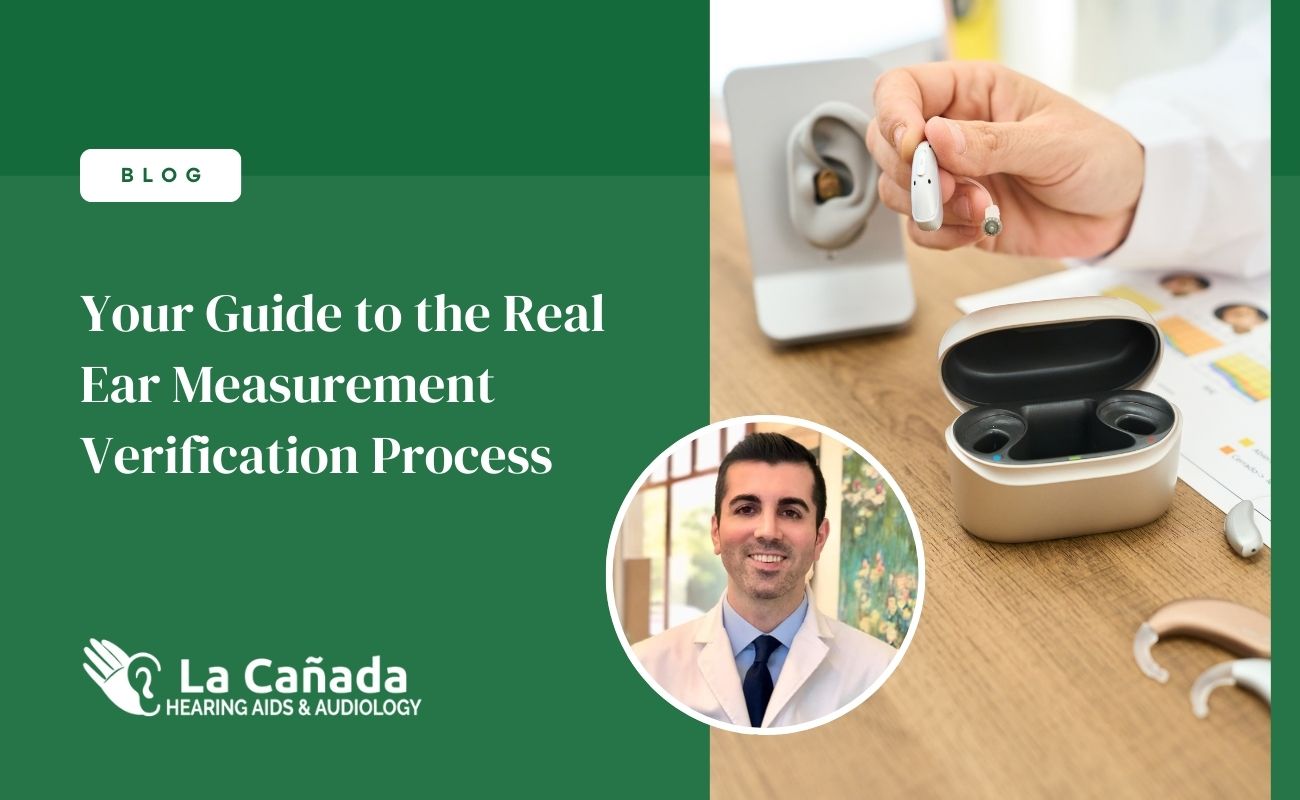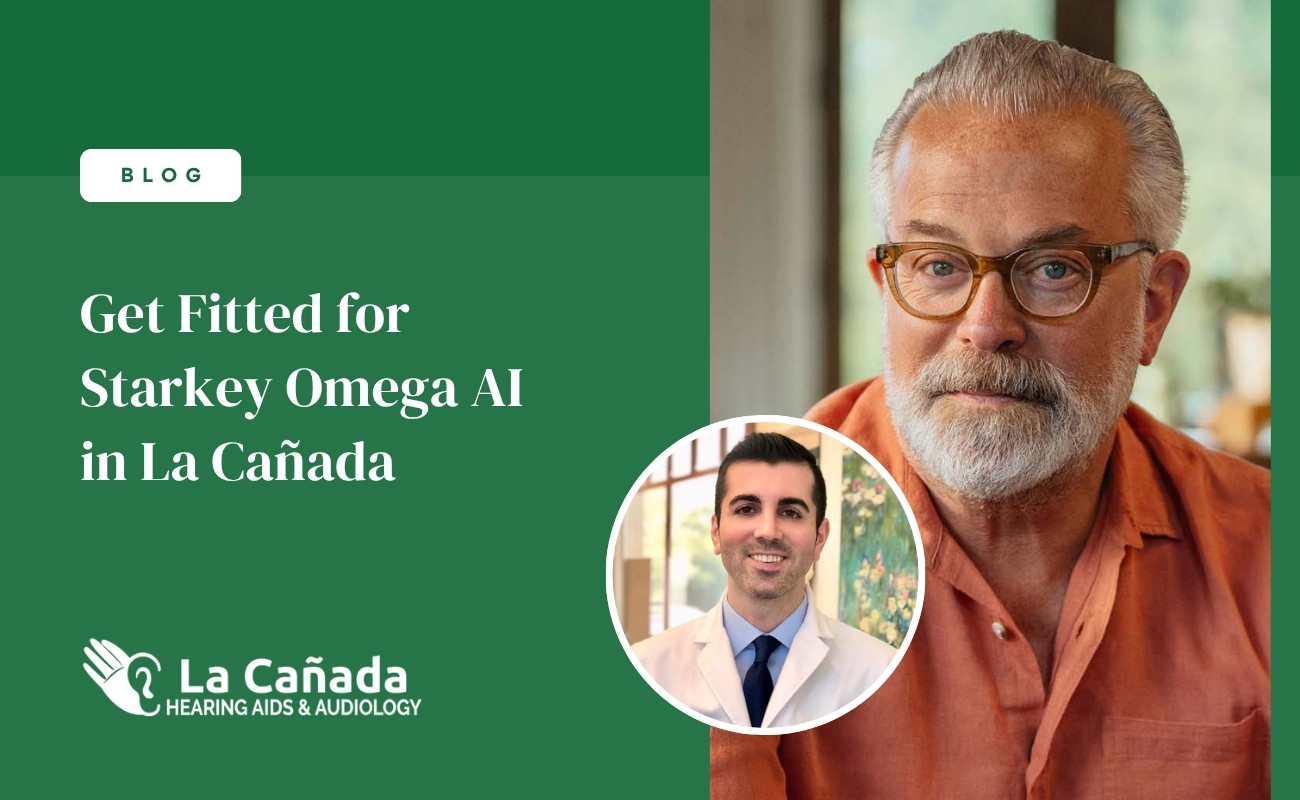Hearing loss is a common condition affecting millions of individuals globally, but misinformation about its causes, effects, and treatments continues to spread. A significant part of the challenge lies in the subtlety with which hearing loss can manifest, often leading individuals to adjust to diminished hearing without recognizing the gradual change. It's imperative, therefore, to address and dispel the myths that create barriers to proper diagnosis, treatment, and inclusion for those experiencing hearing impairment.
Understanding the nuances of hearing loss is crucial for removing the stigma associated with it and encouraging a more empathetic approach toward those affected. Audiology, the science of hearing, balance, and related disorders, is often misunderstood, leading to outdated perceptions about hearing aids and the treatment process. By debunking these myths, we can foster a better-informed public and advance the support and technology that empower individuals with hearing loss to lead fulfilling lives.
Debunking Popular Myths
It is crucial to address and correct common misconceptions about hearing loss. Our understanding affects not only our approach to treatment but also how we support those impacted in our community.
Myth: Only the Elderly Suffer from Hearing Loss
Hearing loss does not discriminate by age; it can affect individuals at any point in life. Environmental factors, genetics, and specific health conditions contribute to hearing impairment, not just the aging process.
Myth: Hearing Aids Don’t Really Help Much
While there is no cure for hearing loss, hearing aids are the best solution. Hearing aids are sophisticated devices designed to aid those with hearing loss. They enhance sound and improve communication abilities and can help us rejoin the conversation!
Myth: Minor Hearing Loss is Not a Big Deal
Even slight hearing loss can have considerable impact. It can affect day-to-day communication, social interactions, and overall quality of life. As an invisible condition, however, untreated hearing loss can be ignored and pushed aside for years, as people tend to find ways to fill the gaps when they miss certain words or don’t catch the question. Recognizing and treating any degree of hearing loss is essential for maintaining a high quality of life and preventing further auditory damage.
Understanding Hearing Loss
There are three primary types of hearing loss:
- Conductive Hearing Loss: This occurs when there are problems with the ear canal, eardrum, or middle ear and its small bones (the malleus, incus, and stapes). This type makes it hard for sounds to be carried efficiently through the outer ear, potentially making mild to moderate sounds more difficult to hear.
- Sensorineural Hearing Loss (SNHL): The most common type, SNHL results from damage to the inner ear (cochlea) or to the nerve pathways leading from the inner ear to the brain. This damage can decrease the ability to hear faint sounds and even reduce the clarity of sounds.
- Mixed Hearing Loss: This is a combination of conductive and sensorineural hearing loss. There could be damage in the outer or middle ear and in the inner ear or auditory nerve.
Causes and Risk Factors
The causes of hearing loss span a wide range of factors, which might include:
- Genetic factors: Some of us are born with a predisposition to hearing loss, which is often passed down from our parents.
- Age: As we age, we may experience presbycusis, a natural decline in our hearing ability. In fact, it can affect people of all ages, not just the elderly.
- Noise exposure: Prolonged exposure to loud sounds can cause permanent damage to the hair cells in the inner ear, leading to noise-induced hearing loss.
- Illnesses: Certain illnesses or conditions such as meningitis, measles, and mumps can lead to high fever and subsequent hearing loss.
- Ototoxic medications: Some medications have the side effect of causing hearing damage.
- Head injuries: Trauma to the head can potentially harm the hearing structures of the ear.
Moreover, various risk factors intensify the likelihood of hearing loss, including occupational noise, recreational exposure to loud sounds, and even some lifestyle choices like smoking. It's important to recognize that while some risk factors are avoidable, others, such as hereditary conditions, are not within our control.
Audiology Explained
Audiology is a branch of science that deals specifically with hearing, balance, and related disorders. Our insight into this field focuses on the expertise of audiologists, recent technological advancements, and the crucial assessments for hearing health.
The Role of Audiologists
Audiologists are healthcare professionals trained to diagnose, manage, and treat hearing or balance problems for individuals of all ages. We identify hearing loss and propose solutions tailored to the needs of each patient, which may include hearing aids, cochlear implants, and other assistive listening devices.
Advancements in Audiology
In recent years, audiology has seen significant advancements that enhance our ability to address hearing impairments. With cutting-edge technology, we are now able to provide sophisticated devices that are more effective and less intrusive. For instance, modern hearing aids have become highly customizable, and many are virtually invisible when worn.
Hearing Tests and Assessments
To accurately assess hearing, we carry out a variety of tests:
- Pure-tone testing to measure the softest sounds one can hear at different pitches.
- Speech testing, which evaluates understanding ability and clarity of speech at different volume levels.
- Auditory brainstem response (ABR) tests to assess the inner ear and brain pathways for hearing.
We deploy these tests to understand the nature of hearing loss and to establish a detailed treatment plan.
Prevention and Management
Protecting Your Hearing
We can take measures to stave off noise-induced hearing loss, a common and preventable type. This includes minimizing our exposure to loud noises. When encountering such environments, it's imperative we use earplugs or noise-canceling earmuffs. For those working in noisy professions, we recommend adhering to occupational safety guidelines to ensure adequate hearing protection.
It's also beneficial to adopt habits such as maintaining a safe volume on personal audio devices. Following the 60/60 rule – listening with headphones at no more than 60% volume for no longer than 60 minutes a day – is a method we can use to keep our hearing sharp.
Treating Hearing Loss
For those experiencing hearing loss, a variety of treatments and rehabilitation options are available. they can significantly enhance hearing and quality of life. Embracing the reality of hearing loss and taking proactive steps towards better hearing is a transformative journey. By putting aside preconceived notions and seeking a hearing test with an audiologist, individuals pave the way for improved communication, enhanced relationships, and a richer overall quality of life.
Addressing hearing concerns early not only preserves auditory function but also opens doors to various technological advancements and personalized solutions that can significantly enhance one's daily experiences. Don't let misconceptions or hesitation prevent you from rediscovering the joys of sound and connection. Take that crucial step towards a brighter, more sonorous future by scheduling a hearing test with an audiologist today. Your ears are a gateway to a world of meaningful moments – ensure you don't miss a beat.


.webp)





